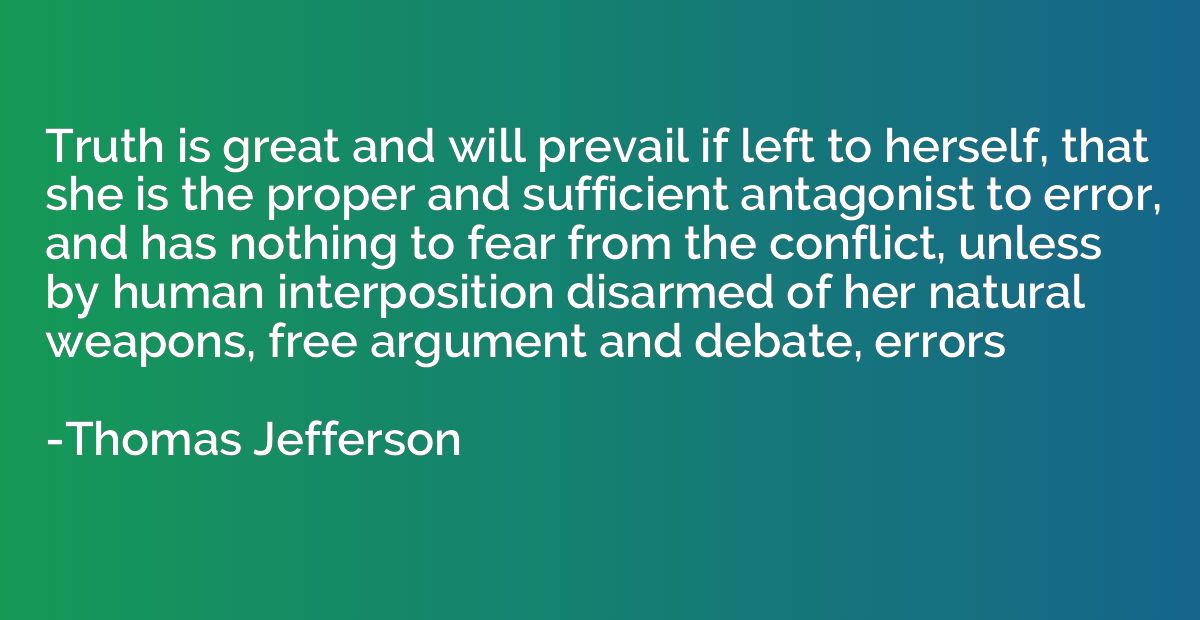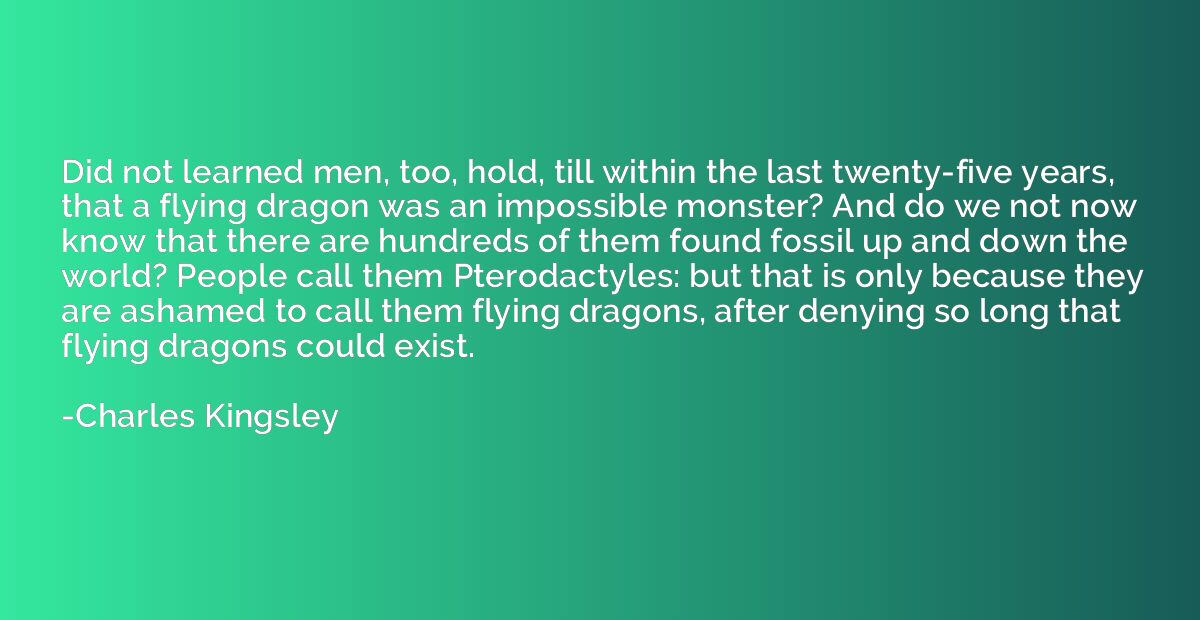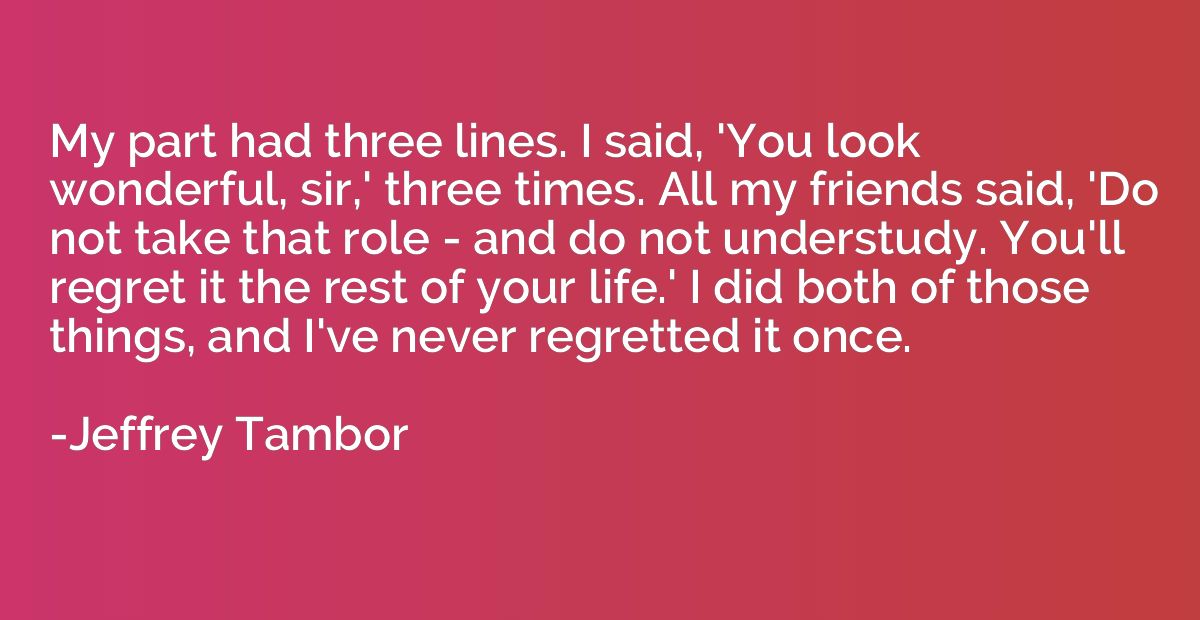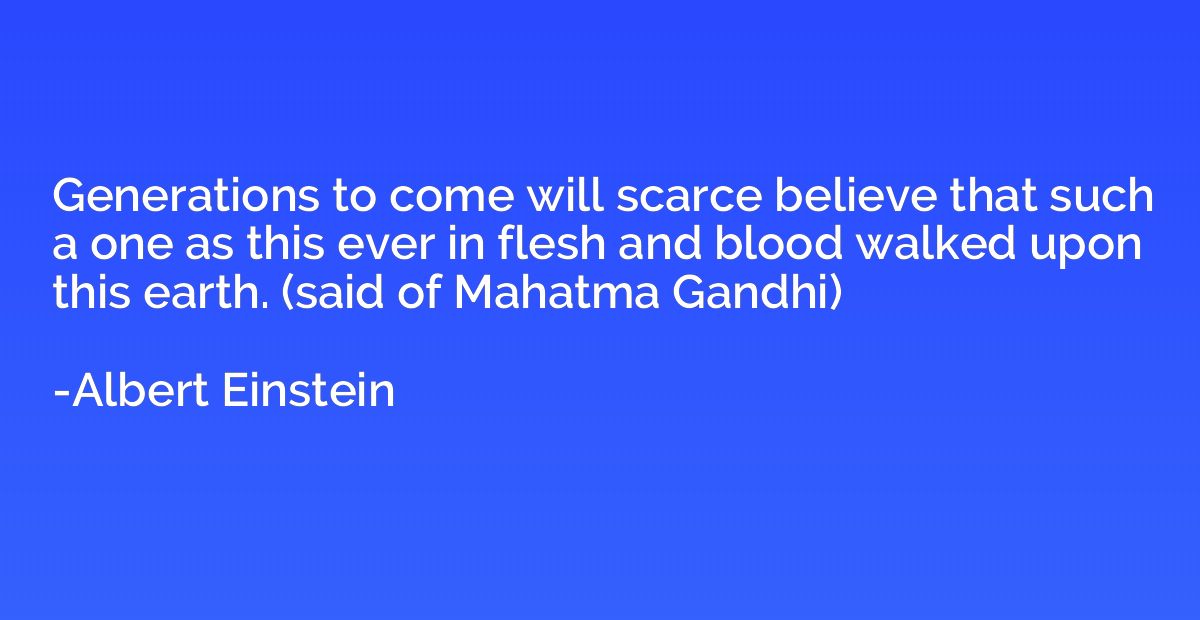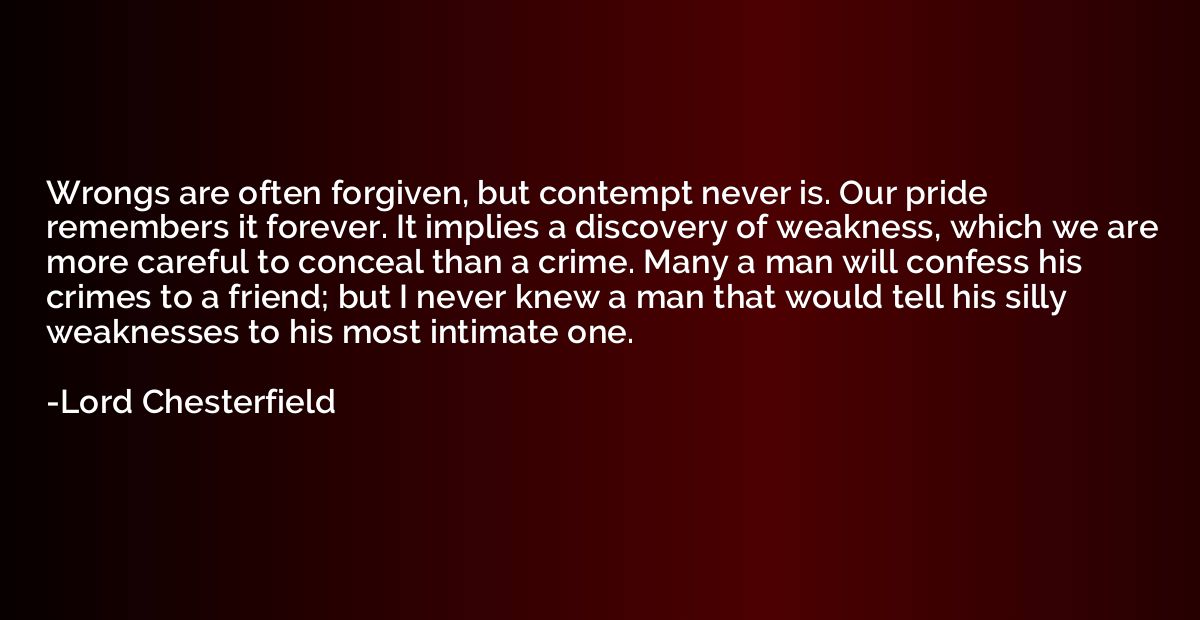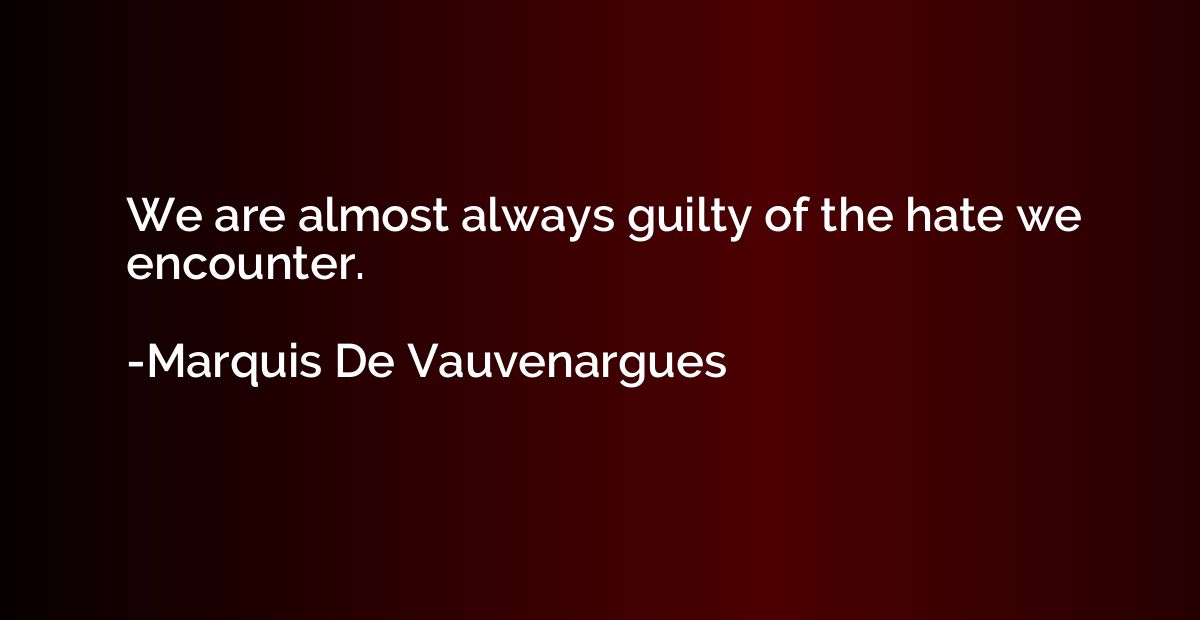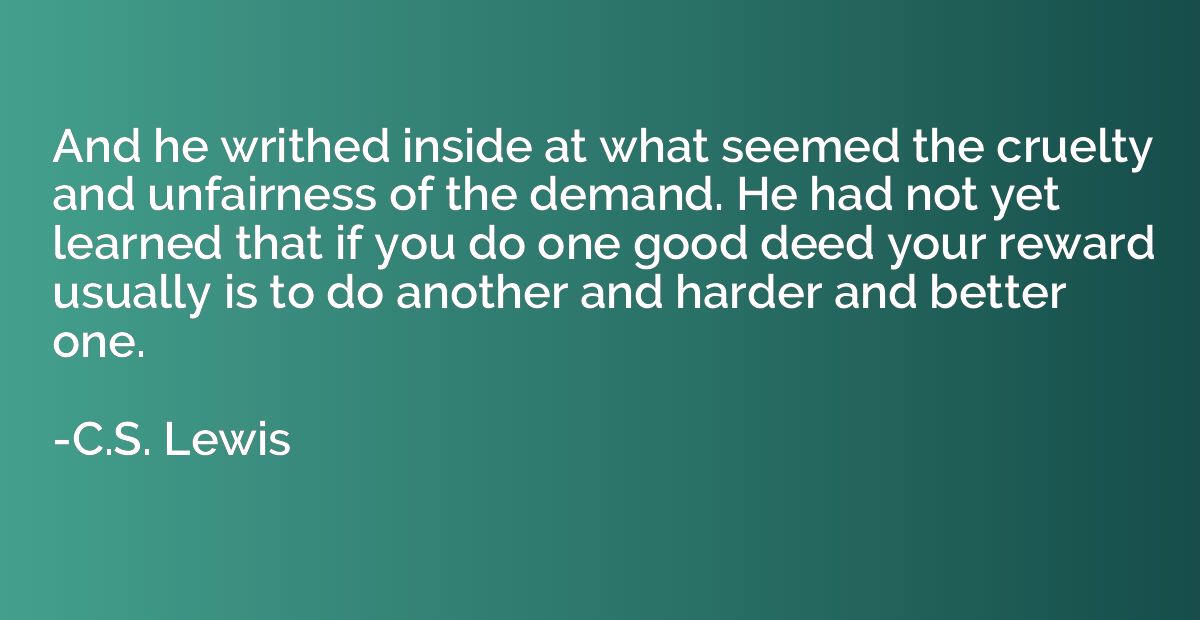Quote by Kahlil Gibran
Your children are not your children.They are the sons and daughters of Life's longing for itself.They come through you but not from you.And though they are with you, yet they belong not to you.You may give them your love but not your thoughts.For they have their own thoughts.You may house their bodies but not their souls,For their souls dwell in the house of tomorrow,Which you cannot visit, not even in your dreams.You may strive to be like them, but seek not to make them like you,For life goes not backward nor tarries with yesterday.You are the bows from which your children as living arrows are sent forth.The archer sees the mark upon the path of the infinite, and He bends you with His might that His arrows might go swift and far.Let your bending in the archer's hand be for gladness;For even as He loves the arrow that flies,so He loves also the bow that is stable.
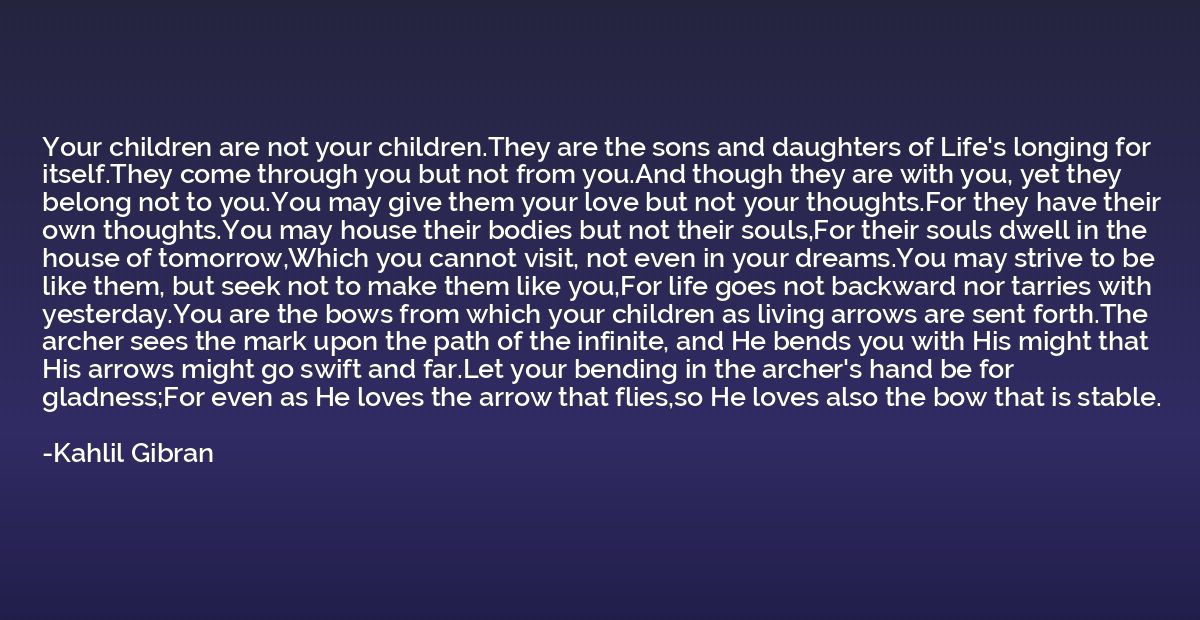
Summary
This quote, taken from Khalil Gibran's "The Prophet," emphasizes the idea that children are not possessions or extensions of their parents, but individuals with their own unique identities and destinies. It suggests that while parents may provide guidance, love, and support, they should not try to control or shape their children in their own image. Children have their own thoughts, dreams, and paths to follow, and parents should respect and embrace their independence. The quote encourages parents to rejoice in their children's growth and development while recognizing that their role is to provide a stable foundation from which their children can thrive.



